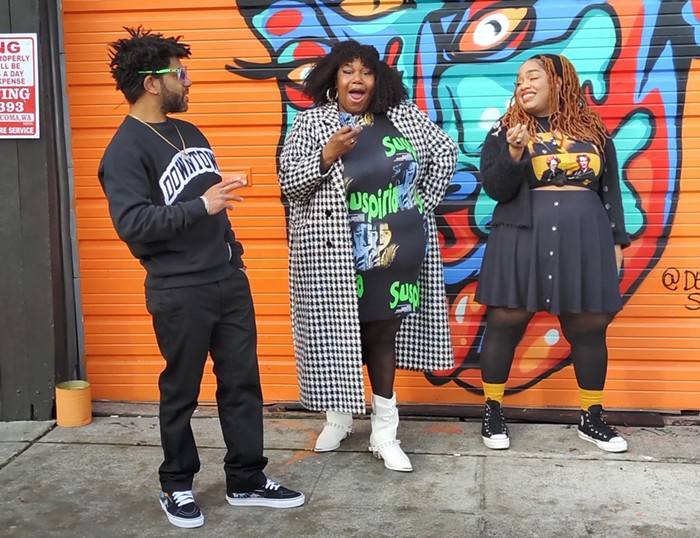
In the wake of Pestgate, the recent revelations that two of the state’s major cannabis producer/processors were busted by the Washington State Liquor Control Board for using illegal pesticides, the state’s retail stores took matters into their own hands. Since there is no official protocol for product recalls, stores independently conducted hodgepodge DIY recalls on affected products.
Ian Eisenberg, the owner of Uncle Ike’s, was among the first and most outspoken product pullers. All disputes about his role in gentrification aside, the man has always been ahead of the curve on pesticides, being the first retailer to offer every customer the state-mandated list of pesticide and additive information, and the only retailer I know of to proactively include it in the bag with every purchase.
After Pestgate, he went one step further, and grabbed a random sampling of concentrate and flower products from his shelves, which he submitted for pesticide testing to Trace Analytics, the only lab in the state capable of doing so.
Well, the results are in, and they confirm the shitty thing we’ve all known all along: He found pesticides on everything he tested! Except, strangely enough, BMF Washington’s flower. (BMF was one of the two growers fined by the state for using disallowed pesticides.) Eisenberg declined to reveal the brands of the other samples on which he found pesticides, but almost every single one of them had residue from disallowed pesticides, he says. Some in rather alarming amounts.
One concentrate tested at 1886 ppb of myclobutanil, a substance better known as Eagle 20, which breaks down into cyanide if heated to a high enough temperature. To put that in perspective, Gordon Fagras, of Trace Analytics, told me that 50 ppb was the threshold for concern.
“1800 is loud, that’s a loud signal,” said Fagras, adding that myclobutanil was the most commonly detected pesticide at his lab, where he says well over half the samples submitted for pesticide testing have been failing. In fact, all four concentrate samples submitted by Eisenberg had over 50 ppb of myclobutanil, with one clocking in at 577 ppb, and two others at 144 ppb and 184 ppb.
Lest we forget, this shit has been on the shelves at Ike’s for awhile now. After this, it won’t be if it doesn’t pass muster under Oregon’s rules, which include safety thresholds for many of the disallowed pesticides detected in Eisenberg’s samples, and which he looked to in lieu of guidance from our state's own authorities.
While it’s great that Eisenberg is taking matters into his own hands—he says he plans to continue pulling samples at random to keep his suppliers honest—it’d be even better if the state did it.
Robust state oversight is, after all, what we pay taxes for. And, most importantly, the best competitive advantage legal cannabis has over street weed. If there’s pesticide on everything, why pay more for the stuff from the legal store, especially when your “guy” delivers?















